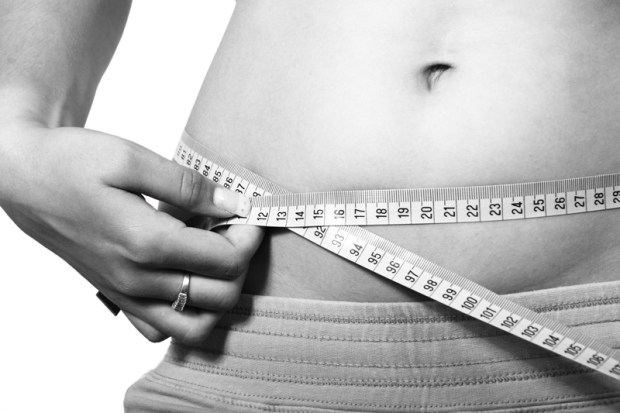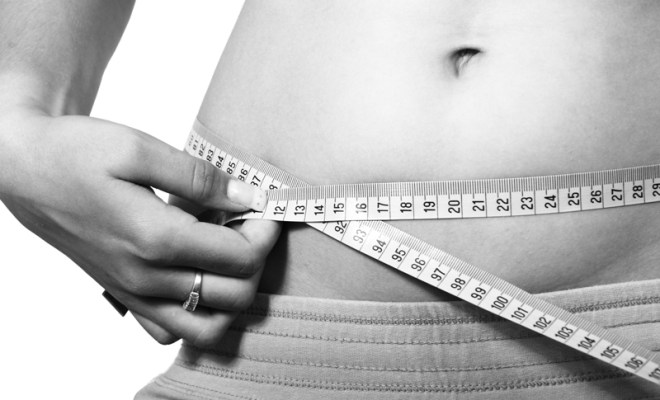
Many things occur to the body when it does not get enough exercise. Unfortunately, that goes far beyond weight gain. It’s important to remember that a little exercise is better than no exercise at all. Continue reading to learn more about the risks of inactivity. No one is immune!
Energy Level
Mitochondria are energy-producing structures, which live in the cells of body tissues, organs and muscles. These astonishing little structures need carbohydrates and oxygen to function properly. Since mitochondria are necessary for all bodily functions and movements, you certainly cannot live without them.
Mitochondrial levels drop when your heart is not working its best and your oxygen levels are reduced, because of lack of exercise. Fatigue occurs when energy production slows down and the body needs the same amount of energy to get work done.
Bone Problems
Bones love exercise, nearly as much as they love calcium. Lack of weight-bearing exercise causes bones to lose density and the ability to properly store calcium. Less calcium in your bones means more of the mineral builds up in organs like your kidneys, a reason for kidney stones.
If the period of inactivity is long enough, ultimately the bones start to weaken. This often leads to osteoporosis, leading to a much higher risk of painful fractures.
Muscle Problems
Just like bones, muscles benefit from a good workout. One of the first signs of being out of shape, from being inactive, is a loss of muscle strength and tone. When muscles aren’t used, blood flow slows and the exchange of waste products and nutrients is reduced. Fewer mitochondria lead to less muscle coordination.
Without exercise, the “electrical” connection between your nerves and muscles is just sporadic. How does this affect you? You will normally find it tougher to move with the agility you used to have the ability to. It can even mean decreased strength and increased risk of muscle injury, because of reduced muscle mass.
Heart-Related Difficulties
Regardless of your age, it is important to keep your heart healthy. Even although your cardiac muscle is different from skeletal muscle, the same health-related principles apply. Without proper exercise, the heart muscle shrinks. This makes it difficult to distribute blood adequately throughout the body and causes the heart to work harder to get blood where it needs to be, particularly in your hands and feet.
Slow blood flow can lead to plaque formation in blood vessels. This, in turn, sometimes causes high blood pressure, dizziness and circulation problems. All of these conditions are potentially dangerous if left untreated.
As you can see, inactivity causes havoc and damage to your body. This is particularly true for people who are already dealing with a chronic condition, as it normally only makes things worse.
In most cases, periods of inactivity are unavoidable. However, the sooner you can take part in even a light exercise regimen, the better your mind and body will be.











